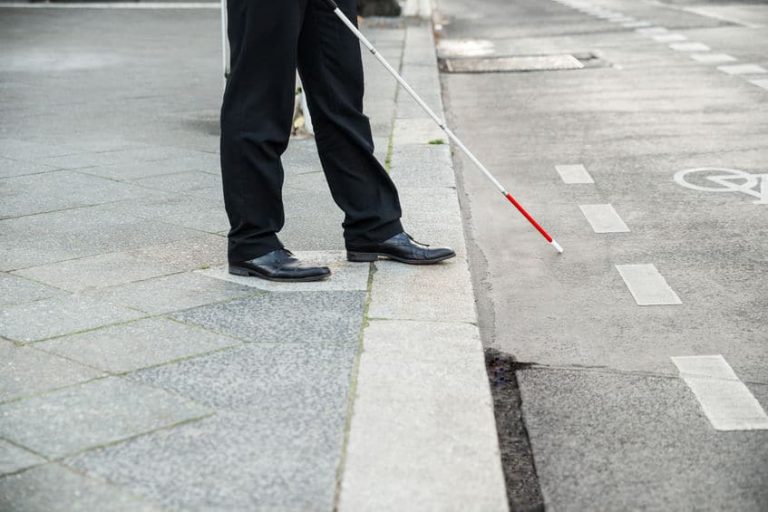Blindness
Blindness

If you are partially, legally, or totally blind, you may be able to qualify for Social Security disability benefits through the Social Security Administration (SSA). The SSA details how significant your vision loss must be for it to qualify as a disability. Your vision loss must be quite significant, and if you have good vision in one eye, you won’t qualify for disability benefits.
If your vision loss doesn’t meet the SSA’s published standard for loss of central visual acuity (see below) or loss of peripheral vision, you still might be able to get disability benefits based on a medical-vocational allowance, if you can show that your vision loss reduces your capacity to work so much that there are no jobs you can do considering your prior job experience, your age, and your education.
If you’ve been diagnosed with an eye disease, your medical record should reflect it. Cataracts, macular degeneration, diabetic retinopathy, hypertensive retinopathy, cancer-related or melonoma-related retinopathy, retinal detachment, or other types of central retinal disease can be responsible for a loss in visual acuity.
Statutory blindness is defined as:
- Central visual acuity of 20/200 or less in the better eye with the use of a correcting lens; or
- A visual field limitation such that the widest diameter of the visual field subtends an angle no greater than 20 degrees is considered as having a central visual acuity of 20/200 or less.
For more information contact us today.
Contact Us
Free Case Evaluation
Contact us today for a free evaluation of your disability case. Remember: We win your case or you pay nothing!
